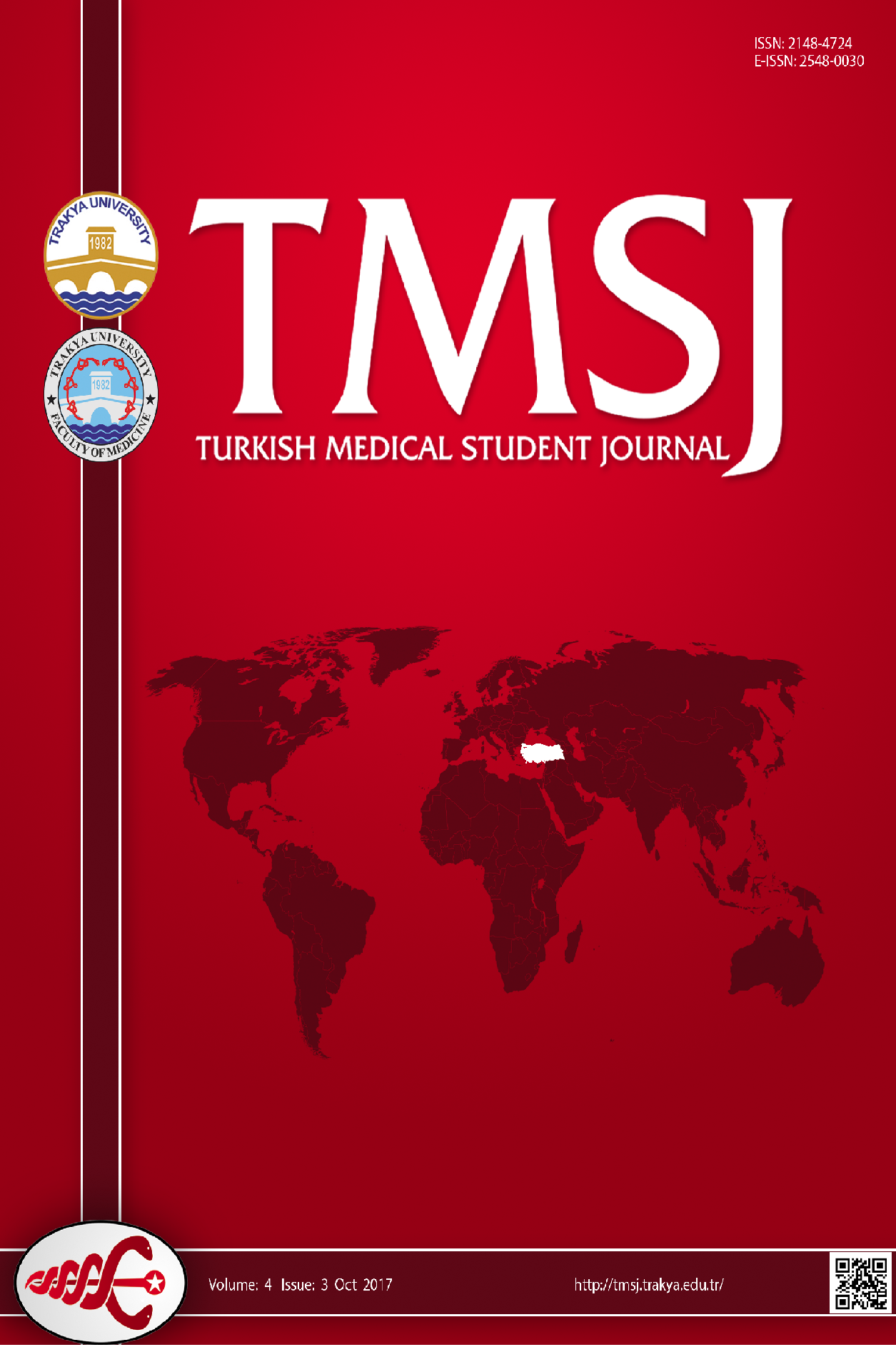
Turkish Medical Student Journal
Yazarlar: Alican GÜVENÇ, Ceren YILMAZ, Buse BALTA, Zeynep YILDIZ, Selma Arzu VARDAR
Konular:Tıp
Anahtar Kelimeler:Menopause,Osteoporosis,Vascular calcification,Estrogen replacement therapy,Cardiovascular diseases
Özet: Estrogen deficiency is known to be one of the causes of cardiovascular disease and osteoporosis in postmenopausal women. Coronary artery calcification is one of the major factors of cardiovascular disease. The studies related to the effects of estrogen on coronary artery calcification and the possible relation between osteoporosis and cardiovascular disease rapidly increased in recent years. Estrogen levels decrease in postmenopausal women and can lead to an increased risk of cardiovascular disease. Estrogen could affect cardiovascular diseases by mediating the receptor activator of nuclear factor-kappa B ligand-osteoprotegerin system in vascular smooth muscle cells and autophagy in cardiomyocytes. Current evidence indicates that estrogen has an increasing effect on bone mineral density by multiple biochemical pathways: increasing calcium absorption in the gastrointestinal system, decreasing excretion of calcium in the kidneys, reducing bone resorption, such as enchanting osteoblasts, suppressing osteoclasts by inhibiting proinflammatory cytokines, and inhibiting the activity of osteoclasts by essentially inhibiting the receptor activator of nuclear factor-kappa B ligand-osteoprotegerin system. Recent studies showed a significant relationship between coronary artery calcification and osteoporosis due to estrogen’s role in these pathogeneses, which can be prevented by using estrogen hormone therapy for post- menopausal women. In this review, we focused on the molecular mechanisms of estrogen in the development of coronary artery calcification and osteoporosis and the effects of estrogen hormone therapy on cardiovascular diseases in postmenopausal women.